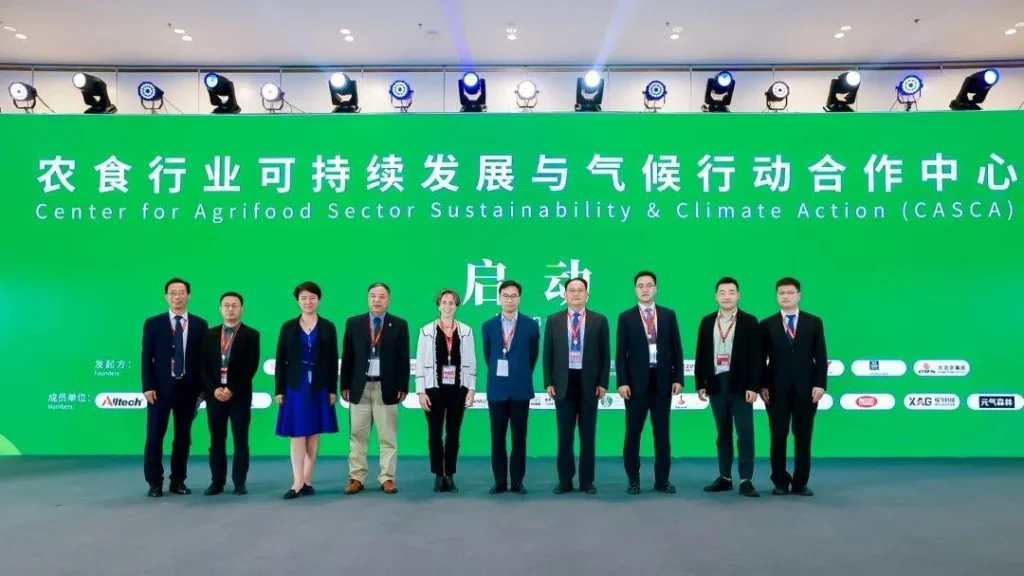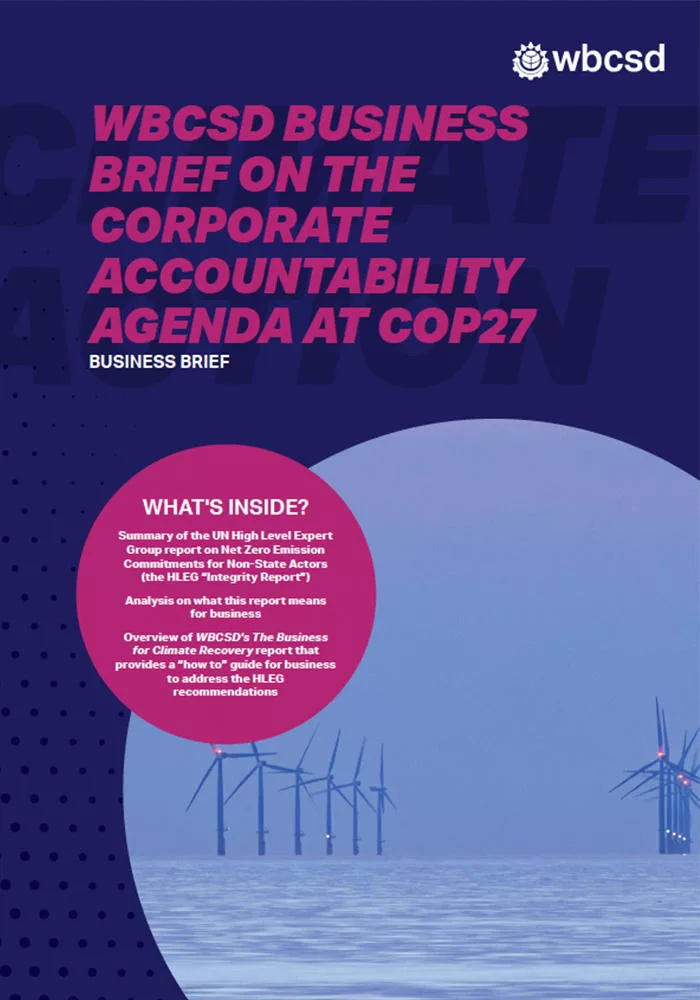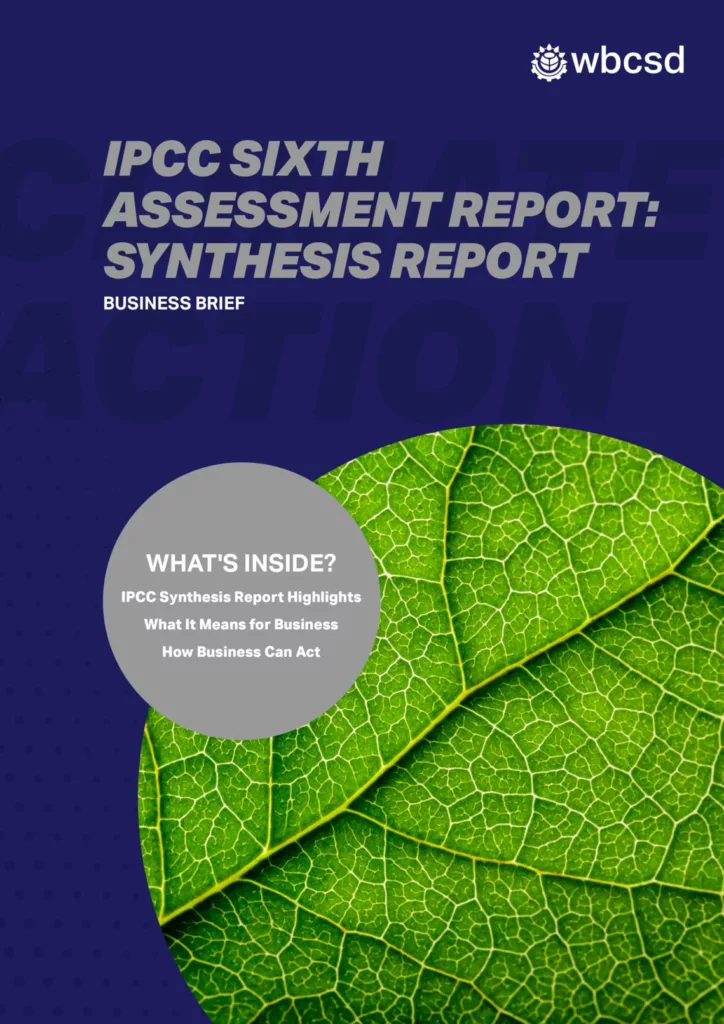Introduction
01
The Policy, Advocacy, and Member Mobilization (PAMM) team works to elevate the voice of business and shape the global policy agenda to become the ambitious business partner for implementing sustainability with government and multilateral processes.
Working closely with our diverse membership, we position them on the global stage to mobilize the voice of positive business.
The challenge
02
As transition planning moves to center stage, ambitious businesses are increasingly realizing their dependence on policy shifts to achieve their sustainability goals, and driving policy engagement transparency up the business agenda.
Governments are also increasingly recognizing the scale of investment that will need to come from the private sector to achieve their national targets. However, most businesses and governments are not yet problem-solving together to drive economy-wide systemic change. As governments and businesses increasingly grapple with rapid transformation as core strategic and economic risks and opportunities, incentives are aligning. This shared challenge opens up space for new approaches for the public and private sectors to work together to jointly solve problems that can unlock investment and drive market creation, value, and jobs.
The Solution
03
Operating at this critical juncture of systems change, policy engagement, and public-private collaboration, we work to identify and facilitate agenda-shaping, collective action, and advocacy to target tipping points that make the business case work for all ambitious businesses.
We work across all sectors, value chains, and geographies identifying where the collective engagement of WBCSD members, partners, and networks can add the most value. We provide members with regular insights and briefings to understand the rapidly evolving policy landscape. Our workstreams include:
- Multilateral Engagement: We lead WBCSD’s strategic engagement with multilateral processes including the COPs, G20, and Clean Energy Ministerial. We are the Marrakech Partnership focal point for industry and have a partnership with the Breakthrough Agenda to enable governments and businesses across the world to work together in a more coordinated way, from COP to COP, to target tipping points in the cost and scale of clean technologies. We support members to engage with these processes providing insights and briefings.
- Positive Policy Engagement: We support WBCSD members with best practices and tools to engage effectively in policy and advocacy to achieve their corporate sustainability goals.
- Transformation Pathways: We work with teams across WBCSD’s Imperatives, Pathways, and Corporate Performance & Accountability to develop policy & advocacy strategies and implementation to achieve their goals. Currently, this is focused on Agriculture & Food, Global Circularity Protocol, and Corporate Performance & Accountability.

WBCSD Public Statement in support of the Corporate Sustainability Due Diligence Directive (CSDDD)
15 February, 2024

Food systems must be at the heart of COP28: multistakeholder collaboration will get us there
30 November, 2023

WAFI Entrepreneurs Forum in Beijing: Paving the Way for Sustainable Agrifood System Transformation
13 November, 2023

WBCSD Business Brief on the Corporate Accountability Agenda at COP27
21 November, 2022

IPCC Sixth Assessment Report Synthesis Report: Business Brief
29 March, 2023

The EU Digital Product Passport
24 January, 2023
